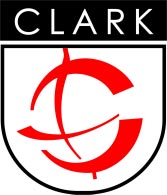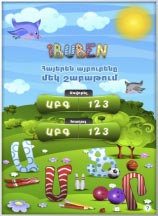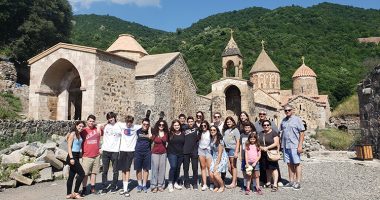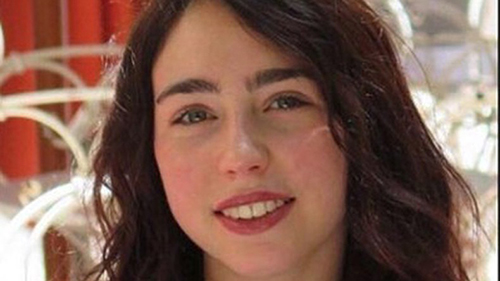The Strassler Center for Holocaust and Genocide Studies at Clark University is sponsoring an interdisciplinary conference, Beyond The Armenian Genocide: The Question of Restitution and Reparation in Comparative Review, organized by Taner Akçam, the Robert Aram ‘52 and Marianne Kaloosdian and Stephen and Marion Mugar Professor of Armenian Genocide Studies. The conference is presented in partnership with the Belmont, MA based National Association for Armenian Studies and Research (NAASR) and Eric Weitz, the Arsham and Charlotte Ohanessian Professor at the University of Minnesota. NAASR’s participation is supported by the Ethel Jafarian Duffett Fund.
The conference opens on Thursday, 27 October 2011 at 7:30 p.m. with a public keynote address in Tilton Hall on the Clark University campus. John Torpey, Professor of Sociology at the Graduate Center, CUNY, will give the opening address, A Comparative Perspective on Reparations for Historical Injustices. Professor Torpey is the author of Making Whole What Has Been Smashed: On Reparations Politic (Harvard University Press, 2006). “Reparations,” says Torpey, “can be symbolic, such as apologies or the creation of memorials and museums. They can also be economic, such as financial compensation to individuals or collectivities, or material redress, such as settlement of the land claims of indigenous peoples. These measures can reflect cultural or legal claims to reparations, or both.”
The conference continues throughout the day on Friday, 28 October 2011, with a series of panels for participants and invited guests. Leading scholars will examine questions of post-conflict justice in a comparative review of the Armenian Genocide, the Holocaust, and the Native American Genocide. The participants will consider different aspects of compensation including the return of stolen art and artifacts; the restitution of personal and communal property; and how post-war agreements and treaties shape discussions about compensation. The Holocaust case offers a model for restitution and reparation that has achieved significant success but also frustrating disappointments and delays. The Native American case provides a valuable example of the importance of pursuing justice at home and for all peoples. Discussions about the Armenian case will consider why efforts to secure compensation emerged so late and the influence of developments in securing justice for victims of the Holocaust.
Turkish recognition of the Armenian Genocide has been an enduring goal of Armenian communities at home and internationally. Yet, the political, financial, and legal consequences that might emerge in the wake of recognition have not been fully articulated. Recently, scholars and lawyers have pursued concrete efforts to secure reparation, restitution and compensation; they are proceeding independent of groups lobbying governments to acknowledge the Genocide. These initiatives demonstrate that the pursuit of justice through financial means can progress without necessarily resolving the complicated politics of Genocide recognition.
Recent court cases against American and French insurance companies have resulted in reparations and they have given encouragement to newly filed lawsuits in the U.S. These developments demonstrate that financial redress for the Armenian community may be possible on a broader scale. New lawsuits addressing theft of artifacts, properties, and bank accounts have been filed against the Turkish government and private Turkish companies. They seek compensation for both individual and collective loses suffered during the genocide.
For more information, contact the Strassler Center for Holocaust and Genocide Studies (508-793-889; [email protected]) or NAASR (617-489-1610; [email protected]).










